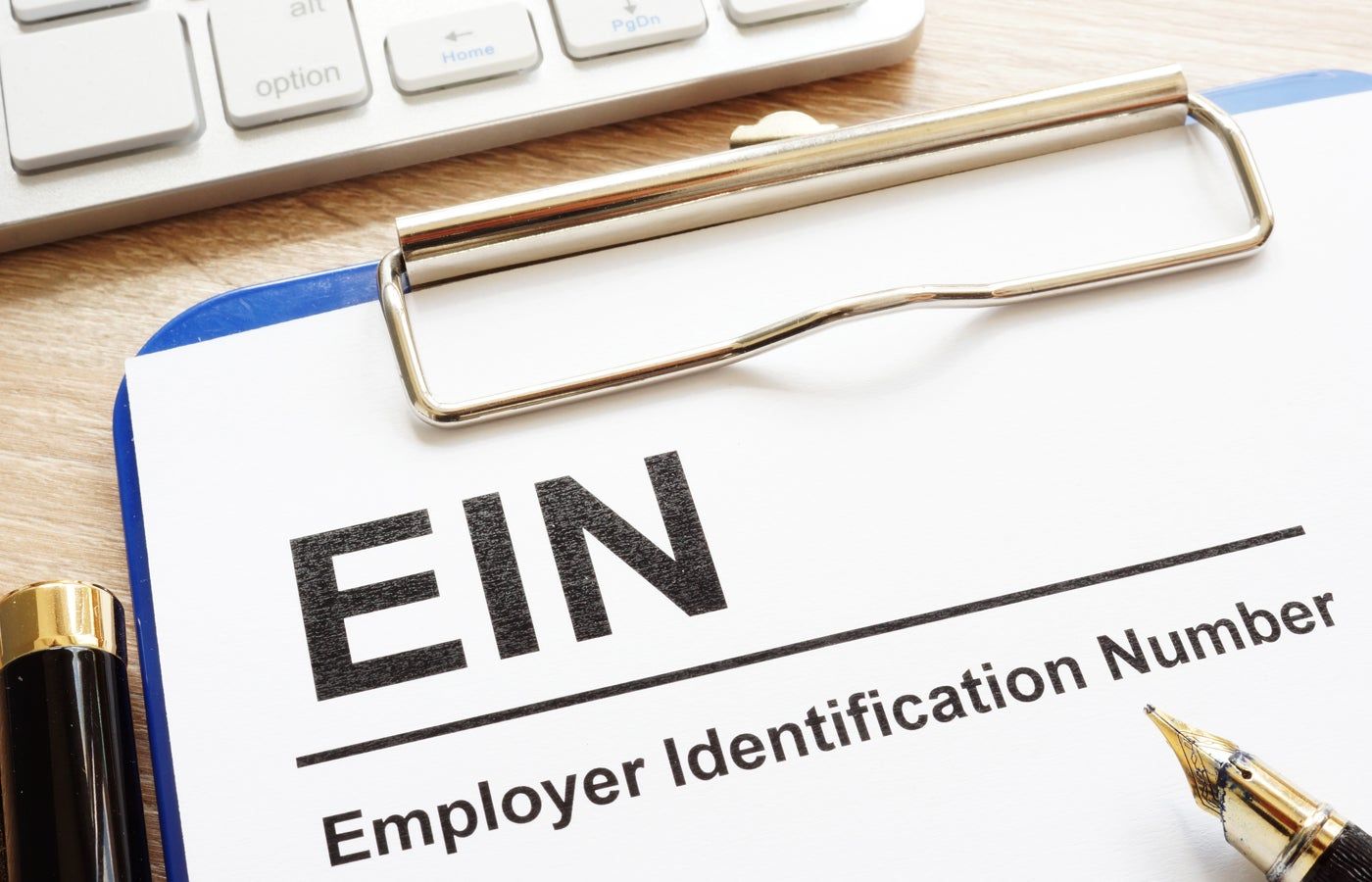An employer identification number (EIN) is necessary to complete basic business activities in the United States and its territories, such as opening a bank account and paying employees.
Deciding whether or not you need to obtain an EIN is simple, and applying for an EIN is quick and free, although you will need to gather some documentation beforehand. Having an EIN protects your personal finances and also gives credibility to your business.
Paycor
Employees by company size
Micro (0-49), Small (50-249), Medium (250-999), Large (1000-4999), Business (5000+)
Micro (0-49 employees), small (50-249 employees), medium (250-999 employees)
Micro, Small, Medium
Characteristics
API, check printing, document management/sharing and more
What is an Employer Identification Number (EIN)?
An employer identification number (EIN) is a unique number assigned by the Internal Revenue Service (IRS) to business entities within the United States and its territories. You may also see an EIN called a Federal Tax Identification Number. The IRS uses the EIN to identify employers and taxpayers who must pay business and payroll taxes.
The EIN is a nine-digit number with the following format: XX-XXXXXXX. EINs never expire and are completely unique to each business entity. EINs are never reassigned to another company, even if the original company goes out of business.
Who needs an EIN?
Whether or not you need an EIN does not depend on the size of your business. Even if you only have one employee, you should still apply for an EIN. All forms of businesses can apply for an EIN, including sole proprietorships, limited liability corporations (LLCs), and S corporations.
The IRS offers a simple questionnaire to help you determine whether or not you need to apply for an EIN. But essentially, if any of these statements apply to you, you need an EIN:
- You have employees.
- Your business is a corporation or partnership.
- You file employment, excise, or alcohol, tobacco, and firearms tax returns.
- You withhold taxes on non-wage income paid to a nonresident alien.
- You have a plan Keogh.
- You are involved with these types of organizations:
- Certain trusts that are not revocable trusts owned by their grantors, IRAs, or business income tax returns of exempt organizations.
- Farms.
- Real estate mortgage investment conduits.
- Nonprofit organizations.
- Farmer cooperatives.
- Plan administrators.
Even if you already have an EIN, you may need to obtain a new one if the ownership or structure of your business has changed. The IRS provides additional guidance on its website to help you determine whether or not your circumstances require a new EIN.
When do you need an EIN?
In the US, you cannot run your business without an EIN, and obtaining an EIN is one of the first steps to officially starting your business. You need an EIN to conduct the following business activities:
- Hire employees.
- Run payroll.
- Open bank accounts.
- Get credit.
- Invest excess cash.
- Maintain a corporate shield.
- File business taxes.
- Register state taxes.
Obtaining an EIN allows you to keep your business finances separate from your personal finances. This protects your personal information and reduces your chances of becoming a victim of identity theft. EINs are not considered confidential information in the same way as Social Security numbers, and EINs are freely shared in many different types of business documents.
Read also: When should payroll taxes be paid?: Due dates and requirements
How to apply for an EIN
Applying for an EIN is free and you will be issued one immediately after completing the application. The easiest way to apply is through the IRS online portal – the application needs to be completed in one go, but it only takes a few minutes. You can also apply for an EIN by fax or mail, and international applicants can call the IRS by phone to apply.
To obtain your EIN, you must complete Form SS-4: Application for Employer Identification Number through the online form or another method. The IRS requires a list of information to issue an EIN, including your personal taxpayer identification number, as well as the name of the principal officer, partner, trustor, owner, or any other title of the business.
Some additional information you will need to complete the form includes:
- Entity type.
- Reasons for filing (new business, change of organization, or compliance with IRS withholding requirement).
- Start or acquisition date.
- Main business industry.
After completing the form and authenticating your information, you will be issued an EIN. You can then use the EIN to hire employees, file taxes, and complete more business activities.
Consequences of not having an EIN
Without an employer identification number, you cannot hire or pay employees in the United States. Not having an EIN can also lead to penalties and fines, and even legal action in some cases. You may not be able to file necessary tax returns without an EIN, and you may not be able to open a business bank account or apply for a loan without an EIN.
Finally, the lack of an EIN can make your company appear unprofessional and harm your credibility with potential partners, suppliers, customers, investors, and other entities.
Read also: What payroll documents do you need to pay employees?
When is an EIN not required?
Some sole proprietors and one-person limited liability corporations (LLCs) are not required to have an EIN if they do not have employees. Instead, they can use their Social Security Number or Individual Taxpayer Identification Number to file business taxes.
However, it's still a good idea to consider getting an EIN, even if you don't need to have one. Applying for an EIN is quick and free, and having one protects your sensitive personal information, like your Social Security number.
Is an EIN the same as an SSN?
No, an Employer Identification Number (EIN) is completely different from a Social Security Number (SSN). An SSN is a personal identifier that is assigned to individual US citizens and other residents. An SSN is used to track income and determine benefits and years worked. You can obtain a Social Security Number and card by completing Form SS-5: Application for a Social Security Card from the Social Security Administration (SSA).
Read next: Top 8 Payroll Services and Software












